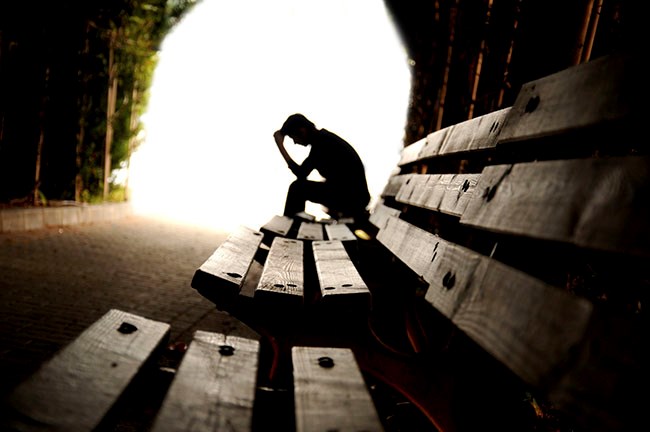Not so long ago, someone I knew well and liked a lot made the decision to take her own life. Neither I nor her small but fiercely loyal band of friends know why.
There are no upsides whatsoever in the aftermath of an event like this, but for this column I have decided to relate some of the ideas I’ve had and the fine advice from a few folks whose wise counsel I value.
If someone close to you has committed suicide, the first thing to know is that you are not alone, not to blame, and can expect to pass through a number of predictable stages of grief.
Amazing as it is, about one person in four knows someone who has taken their own life. This is an astonishing number.
What this means is that, if you are typical, then you have someone in your network of friends and acquaintances who is going through – or has gone through – a similar grieving process.
A common reaction to the suicide of someone close to us is the tendency to blame ourselves, to feel guilty.
We re-enact our last conversations. We wonder if we were not sensitive enough to clues that might have predicted the final outcome. We recall the last argument… And so on.
This, personally, is what I am feeling. But I realize that while understandable, this sense is wrong and not at all productive. It’s looking back, when we ought to be looking forward.
The fact is, suicide is typically the result of a constellation of accumulated hurts from a variety of sources. And it is also an exquisitely complex and personal decision. Trying to blame ourselves after a loved one takes her/his life is inappropriate.
To imagine that a person who has made the ultimate decision will typically appear gloomy and morbid is also frequently wrong. As paradoxical as it may seem, someone who has crossed that line – who has moved into a very dark place – can often seem cheerful before taking the final steps.
Now, there are going to be contrary examples. Cases of “multiple attempters” may show undeniable signs of intent, which we may perceive and act on. But, for the folks who – in the words of one particularly cold-eyed acquaintance – “get it right the first time,” there may be no warning.
In addition to guilt, there may also be anger and other psychological states. These states are sometimes presented in models showing a linear, predictable schedule of appearance. But the facts is, we are all different and may linger or loop back to one state or another.
It is my sense and experience that, in the case of the suicide of someone close, anger is the knottiest and most difficult emotional reaction. Depending on who you are, you may rage. You may find yourself asking unanswerable questions, like: “How could you be so selfish? How could you leave us all behind to mourn?”
Of course, there is balm for this sort of emotional pain, and that is talking with those who share your grief. Words and sharing, you may find, will help you to work through negative feelings. But be aware, it may take years.



